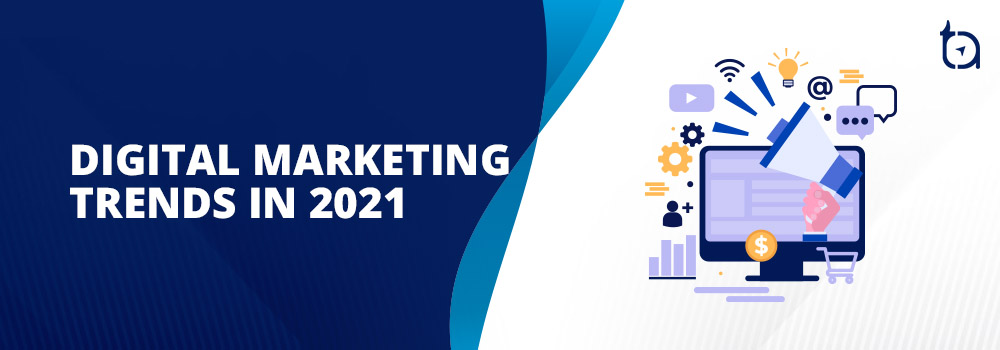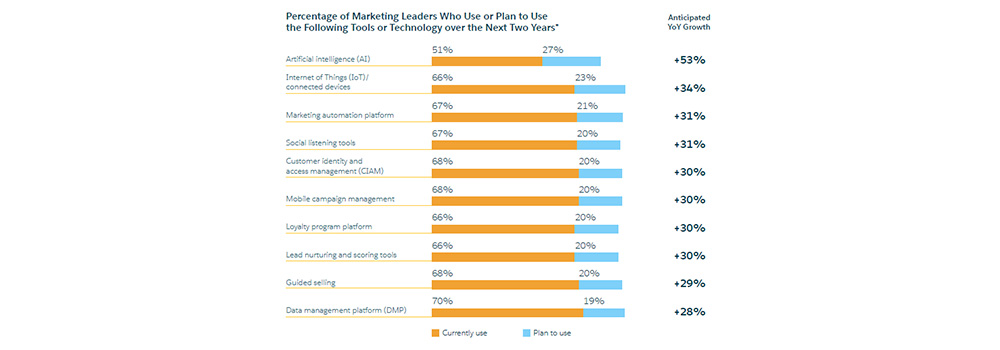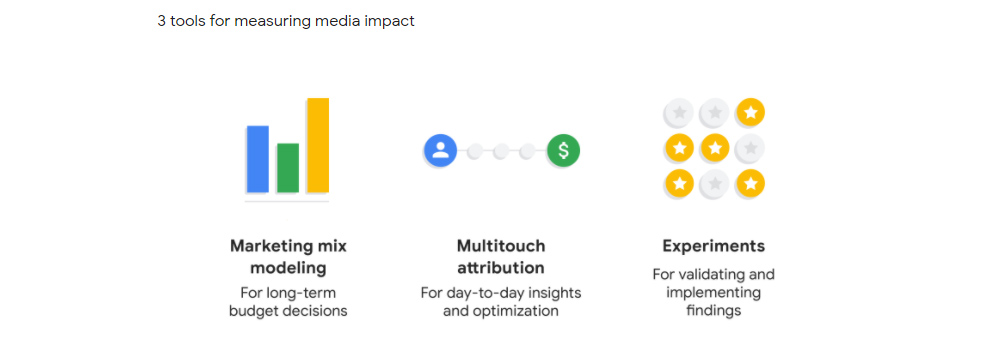Digital Marketing Trends for 2021

Author : Arul Selvan 16th Dec 2020

The COVID-19 pandemic has changed how businesses operate forever. We’ve seen and helped more products and services move online during the lockdown and 2020 in general. Many of our employees and employees worldwide will continue to work remotely or in a hybrid setting for the foreseen future. Months of various customer behavior and patterns to COVID-19 have shown us new insights into the marketing trends that are expected to carry on into this new normal 2021 and beyond.
The digital marketing landscape has changed over the last few months, with a massive influx of various industries using digital platforms to reach customers. The year 2020 has been a challenge for marketers around the world to keep up. It’s a year like no other every piece of historical data used to forecast trends in the past has altered during these months.
Now is the time for marketers to clear the board and replan a comeback. Starting with the scrutiny of goals, performance metrics, and KPIs. To sustain and prosper again, marketers must be quick to adopt new strategies quickly and correctly.
According to a new report from IBM’s U.S. Retail Index, the pandemic has accelerated the transformation from physical stores to digital shopping by roughly five years.
This means that e-commerce is projected to grow by nearly 20% in 2020, which is a massive shift. This will create a much bigger competition for advertisers online.
We will look into marketing strategies and trends on how they’re evolving in important measures that should be helpful for marketers going forward.
Personalized Marketing
A SmartHQ whitepaper found that 72% of shoppers will only engage with personalized marketing.

Online shoppers are neglecting and unsubscribing from mass-email campaigns and choosing personable web pages over generic ones.
Targeted Emails can create and send individualized emails to a specific group with certain needs. Getting a better understanding of your audience is key to increasing the relevancy of email content.
Collecting customer information can be done through sign-up forms, questionnaires, surveys, website behavior, etc. This can be used in curating specialized content for the users. In 2021, marketers must customize customer communications and experiences more personally based on their preferences, interests, and behavior.
Some examples of well-implemented personalized websites are amazon.com. Amazon does a good job of understanding the user and showcasing relevant content. Personalization can depend on various factors such as age, gender, country, language, previous purchases, interests, etc.
Product Recommendations campaign uses data collected from customers to determine what type of product, service, or offer a buyer is most likely interested in and creates recommendations accordingly.
Marketing Automation
With digital marketing technology rapidly growing and covering more niche needs, that marketing automation has become necessary. The customer journey is varied, non-linear, and sophisticated, with dozens of access points across multiple devices and platforms. To attribute and to track these numbers manually becomes impossible for marketers sifting through large amounts of data.

State of Marketers by Salesforce says that 67% of the marketers are already using marketing automation tools.

Cross-Platform Data Analytics
As marketers there is a huge struggle to manage, organize, and incorporate all important data. A Forrester Study says that “More than half of those surveyed say simply managing the volume of data is a huge challenge.” And although 84% of decision-makers consider cross-platform analytics “critical” or “very important,” only 43% have cross-platform analytics tools implemented. This shows that many are still using separate means to analyze data from websites and mobile apps, making it difficult to get a complete understanding of users on all platforms.

As usual, and considering the pandemic, consumer needs and behaviors are changing rapidly, and the path to purchase is ever more complicated. This introduces unique challenges that differ by industries. Optimizing the customer journey has always been the top priority to businesses long before the pandemic.

One of the main approaches that businesses have taken to, is to collect and anonymize and aggregate data from various sources to one. This helps them understand the complete picture. Marketers can connect behavioral data across formerly individually generated data from products and touchpoints to uncover new information with the help of machine learning. Advanced measurement models provide faster and deeper insight into complex customer behaviors, enabling action on performance insights. Nearly 4 out of 10 decision-makers say digital analytics have increased their capability to deliver customer insights to product teams, in turn helping provide a better customer experience.
In a year loaded with unprecedented developments, digital marketing has grown to match the new ways and requirements of businesses and consumers. 2021 will continue to be the year of transformation and engagement. And the use of technology, marketing strategies, and innovative ideas will shape the future for businesses.
We, at TechAffinity, help businesses with Marketing and Digital Platform Transformation. We help you to stay ahead of your competitors with our world-class services.
